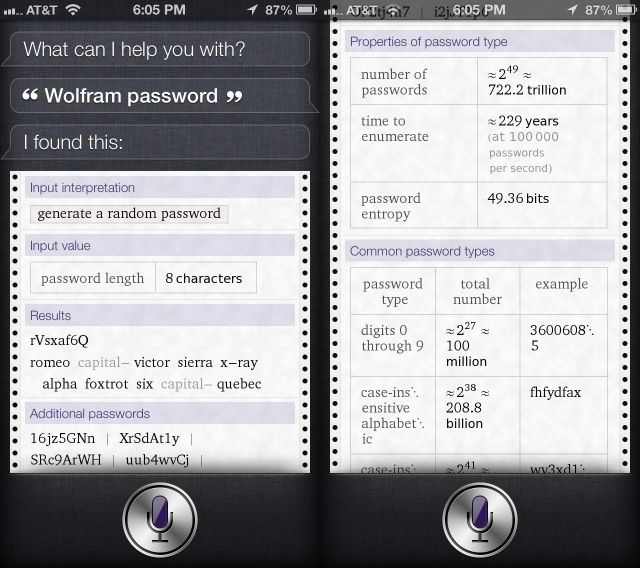

Of course, these are just some speculations we’re making from this dataset. The spike in ‘2000’ could be birth years, but could also be special years, as it was the turn of the millennium The spike in ‘2010’ usage in passwords could indicate parents whose child was born in that specific year or other special occasions. The rise from the 1940s to the 1990s correlates to the birth years of the password creators, such that there were more password-creators born in 1980-1990 than those born 1940-1980 The trend goes down after that, to rise again sharply from 2004 to 2010.īased on the three general possibilities about why people use years in their passwords, we could make some assumptions: Looking at the graph in total, there’s a steady increase in usage from around 1940 all the way to 1990. The second-most popular used year was 1987 at 8.4 million, and the third was 1991 at nearly 8.3 million. The year in which the password was createdįrom our analysis, we see that the most popular year was 2010, with nearly 10 million versions of this year used in passwords. Making a rough assumption, people may generally use years in their passwords to mark: One of the most interesting things is when we looked at which years from 1900-2020 were the most used by people when they made passwords. Use a secure password manager to create and safely store strong passwords.Combine numbers, symbols, lowercase, and uppercase letters.These right here are some of the most common things used in passwords – if you use something like this in your own combinations, you might want to think twice. But that doesn't make the password unique: actually, it's quite the opposite!ĭuring our research, we analyzed over 15 billion entries and separated them into different categories and terms. In order to create simple, memorable combinations for their websites, many people choose to connect them to something that they can easily recall. We could even deduce the probable age of the person by looking at which year they use in their password. We discovered some interesting things about the way that people create passwords: their favorite sports teams, cities, food, and even curse words. We then anonymized the data and detached the passwords so that we could look at that data in isolation and find the most popular passwords and phrases used. We collected data from publicly leaked data breaches, including the Breach Compilation, Collection #1-5, and other databases. T he Cybernews Investigation team was interested in what kind of most common password patterns everyday people were using in creating their own passwords. How we collected the most common passwords? What all of them have in common is their predictability. There are a few lists documenting the most commonly used passwords – all of them based on different studies. The safest way to keep unbreakable passwordsĭespite security experts recommending using strong and unique passwords, along with two-factor authentication and password managers for more security, people continue using the weak codes that even a beginner cybercriminal could hack in a couple of moments.The best part is that you’ll no longer have to remember or worry about forgetting your complex passwords – the password manager will keep all of them in one secure place.
APPLE RANDOM PASSWORD GENERATOR GENERATOR
The top 10 most common passwords list in 2023:ĭon't want your password to end up on this list? A password manager can help! NordPass offers a password generator for unique, high-security passwords that have at least 12 characters and include numbers, special characters, and both lower- and uppercase letters. Here are the most commonly used passwords & phrases used in passwords by people around the world – collected by the Cybernews Investigation Team.

But some passwords are anything but that. One of the key elements of a strong password is its uniqueness.

In order to keep your online identity and private information safe, taking care of your passwords is as essential as ever. Data breaches and cyberattacks are becoming more and more common.


 0 kommentar(er)
0 kommentar(er)
